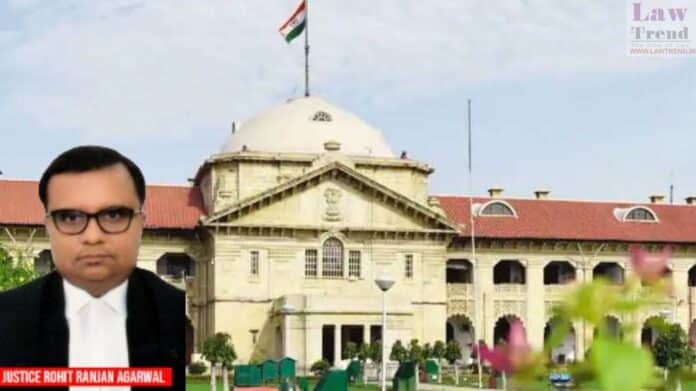In a pivotal ruling, the Allahabad High Court raised concerns about the competence of the Regional Regularization Committee, formed by the Uttar Pradesh government, to oversee the regularization of assistant teachers appointed on short-term and ad-hoc vacancies. The court was hearing multiple writ petitions, including WRIT – A No. 21492 of 2023, filed by teachers
To Read More Please Subscribe to VIP Membership for Unlimited Access to All the Articles, Download Available Copies of Judgments/Order, Acess to Central/State Bare Acts, Advertisement Free Content, Access to More than 4000 Legal Drafts( Readymade Editable Formats of Suits, Petitions, Writs, Legal Notices, Divorce Petitions, 138 Notices, Bail Applications etc.) in Hindi and English.




